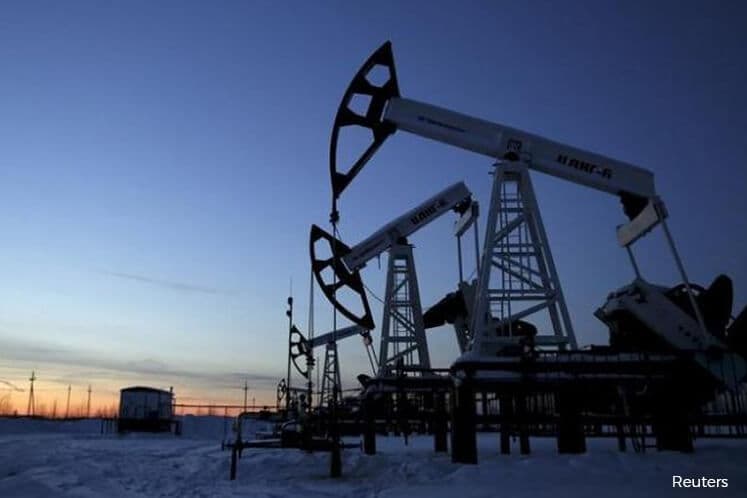
KUALA LUMPUR (July 12): Global energy investment fell by 12% in 2016, the second consecutive year of decline, as increased spending on energy efficiency and electricity networks was more than offset by a continued drop in upstream oil and gas spending, according to the International Energy Agency’s (IEA) annual World Energy Investment report.
The report released yesterday said that global energy investment amounted to US$1.7 trillion in 2016, or 2.2% of global GDP.
It said that for the first time, spending on the electricity sector around the world exceeded the combined spending on oil, gas and coal supply.
The share of clean-energy spending reached 43% of total supply investment, a record high, it said.
IEA said China, the world’s largest energy investor, saw a 25% decline in coal-fired power investment last year and is increasingly driven by clean electricity generation and networks, as well as energy efficiency investment.
It said the United States saw a sharp decline in oil and gas investment, and accounted for 16% of global spending.
IEA said India was the fastest-growing major energy investment market, with spending up 7% thanks to a strong government push to modernize and expand the power sector.
IEA executive director Dr Fatih Birol said IEA’s analysis showed that smart investment decisions are more critical than ever for maintaining energy security and meeting environmental goals.
“As the oil and gas industry refocuses on shorter-cycle projects, the need for policymakers to keep an eye on the long-term adequacy of supply is more important.
“Even with ambitious climate-mitigation goals, current investment activity in oil and gas will have to rise from its current slump.”
“The good news is that in spite of low energy prices, energy efficiency spending is rising thanks to strong government policies in key markets,” he said.
Also for the first time, the report tracked investment financing sources across the entire energy sector.
It said more than 90% of investments are financed from the balance sheets of companies, governments and households, reinforcing the importance of sustainable industry earnings in funding the energy sector.
IEA said that after two years of unprecedented decline, global upstream oil and gas investment is expected to stabilise in 2017.
However, it said an upswing in US shale spending contrasts with stagnation in the rest of the world, signalling a two-speed oil market.
At the same time, the oil and gas industry overall is transforming itself by delivering large cost savings and focusing more on technology development and efficient project execution, it said.